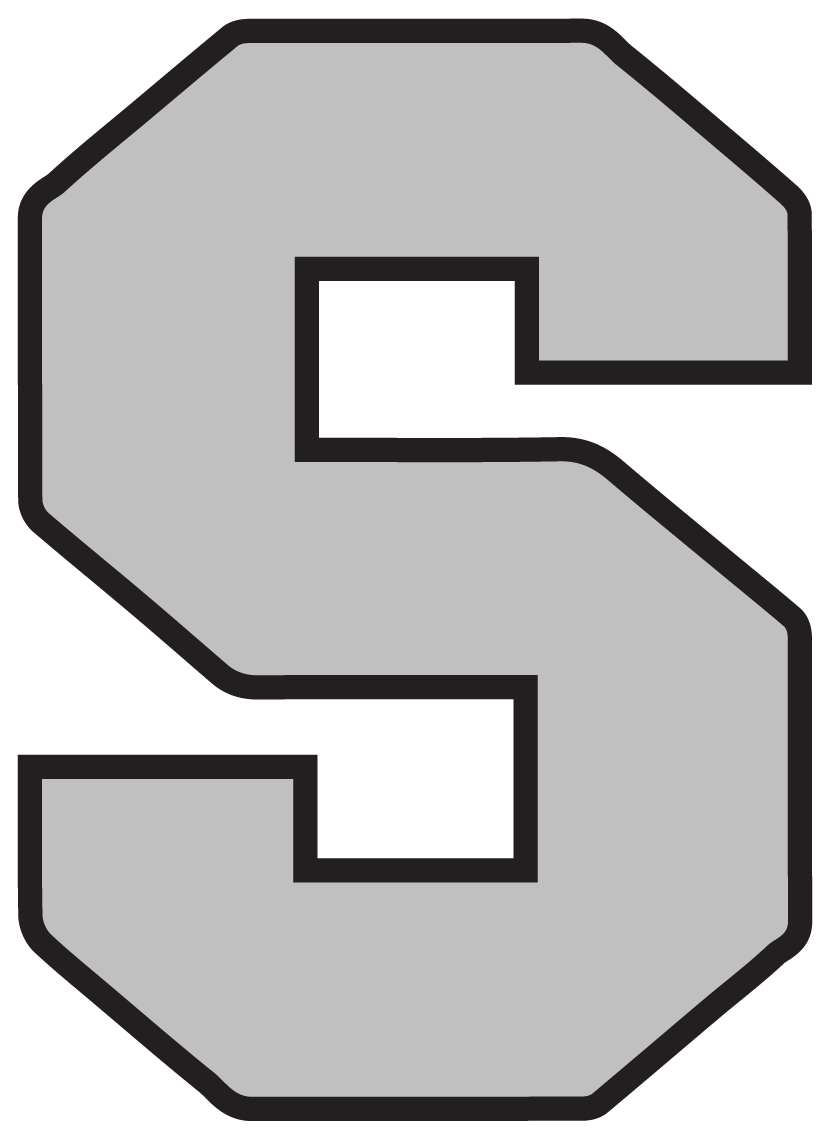WELCOME TO THE STUDY SKILLS FOR BEAR CUBS HOME PAGE!
Good study skills can help you be a successful student. This site will give you some ideas for improving your study skills.
GET ORGANIZED!
Ask yourself the following questions to see if you are ready to do good work.
Do I … | Have all the materials I will need for my classes? | Record all of my assignments in my planner? | Check my planner before I leave school so I take what I need home with me? | Use my planner at home so I know what work needs to be completed? | Prioritize assignments and time? | Have a quiet study area set up with the necessary supplies at home? | Have a regular time to complete homework and study each evening? |
|---|---|---|---|---|---|---|---|
Yes | |||||||
No |
For more information:
MAKE A PLAN!
Setting goals is similar to drawing and then following a map to your destination. Goals help us define what we want and how we can achieve it. When you set goals, you are making a plan to succeed.
Goals come in two types:
Long term goals lead us to career and life plans.
Short term goals are steps that lead us to achieving our long term goals.
Keep these suggestions in mind when setting goals:
Be as specific as possible.
Make your goals measureable so you will know when you have reached your goal.
Set your own goals.
Be realistic. Keep in mind our strengths and weaknesses.
Change takes time. It is better to plan a few things at first, experience success and then gradually increase what you ask of yourself.
For more information:
PASS THE TEST!
Preparing for a test starts long before the actual test is announced.
Listen to your teacher.
Complete all homework (also known as practice).
Ask questions about things you don’t understand.
Study regularly to become completely familiar with the information.
Ask yourself the following questions to assess your test-taking ability:
When I take a test, I … | Look it over, survey the entire test and read all directions before I begin working. | Plan how I will use my time in taking the test. | Do the easiest questions first. | Complete the harder questions next. | Know that most statements which use always or never are generally false on True and False Tests. | Use the process of elimination for multiple choice questions. | Cross off answers as I use them in matching tests. | Plan my essays carefully. I jot down important facts before writing, making sure that I answer all parts of the question being asked. | Work at a steady pace. | Check over my answers before I hand the completed test to the teacher. |
|---|---|---|---|---|---|---|---|---|---|---|
Yes | ||||||||||
No |
For more information:
MANAGE YOUR TIME!
By applying basic time management principles you can become a more effective and successful student.
Begin by looking at your daily routine to assess where and how you currently spend your time.
Next, make a list of your “Have-to’s,” the tasks that you must complete each day. Be sure to include responsibilities from school and home.
Also make a list of your “Want-to’s,” activities and fun time that you choose.
Use the lists you have made to help you develop a schedule.
Include some unscheduled time in your schedule to allow for unexpected events.
For more information:
TAKE GOOD NOTES!
Taking good notes helps you learn the material.
Later, good notes help you prepare for tests.
Sit where you can see and hear the teacher.
Write the date at the top of each page.
Write the topic at the top of each page.
Make an outline of important information.
You will not have enough time to write every word.
Use Roman numerals, capitol letters, numbers, or simply indent to organize information.
Make noes of key terms.
Write clearly. If you can’t read your notes later, they are useless.
Review your notes after class.
For more information:
READ TO LEARN!
Reading to learn is much different than reading for fun.
Expect to take more time when reading to learn.
Steps for Reading a Textbook
1. Skim the pages you will be reading to get a general idea of what the reading is about:
Read the introductions and headings.
Read the summary.
Look at any pictures, charts, graphs and illustrations.
2. Read the assigned pages carefully. Look for the main ideas.
3. Pause periodically to think about what you have read.
What are the main ideas?
What other information is important to remember?
4. After reading a passage, pretend that you are explaining what you have just read to someone else. Better yet, with your teacher’s permission, actually explain the information to a classmate.
For more information:
